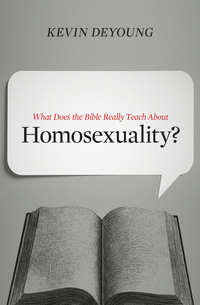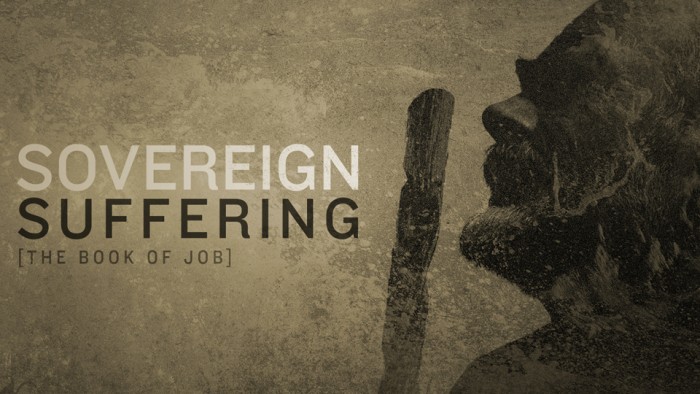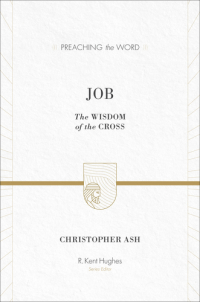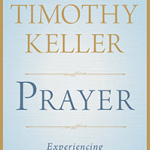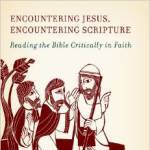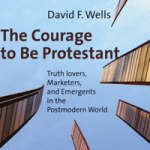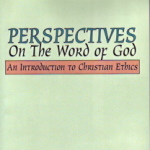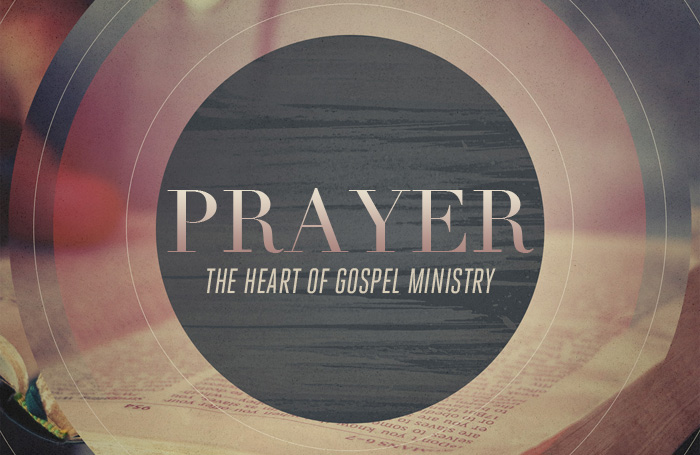One of the most common shepherding issues ordinary pastors face today is the matter of nominal attendance. What percentage of your congregation is absent on an average week?
Chances are it’s higher than it should be and greater than you want it to be.
PUT IT IN THE RIGHT LIGHT
The worst thing we can do in attempting to address the matter is minimize it. Some might say, “Faithful attendance is just a relic of days gone by.” “There are just too many competing activities and events today. I’m just happy if my flock is there half the time,” another might say. In the last decade or so I’ve heard an increasing number of people posit a “small groups are where church really happens” doctrine. This subtle shift sounds pious enough, but it only serves to perpetuate what is the common Christian view of our time: attendance at corporate worship as optional. “It’s great if you can make it, but it’s really not a big deal if you do something else.”
If we cater to this kind of a culture we are putting the souls of our people in danger. For congregational attendance is not a matter of personal convenience or preference, but one of obedience. God commands His people to “not [neglect] to meet together, as is the habit of some” (Heb. 10:25). It’s not possible to truly love God and not also love His people (1 John 4:20-21). Just like any relationship, gathering together is a clear evidence of love.
Faithfully gathering with the church is a way we show our love for the church. Loving Jesus means loving His body by gathering with His body.
What can we pastors do to shepherd our nominal attendees to greater faithfulness and obedience in this joining the body for the corporate worship of God? The following three things would be a good place to begin.
3 SHEPHERDING STRATEGIES
Teach. It all starts here. I should mention it doesn’t seem wise, once you’ve noticed there’s a problem in this area, to go preach a sermon on Hebrews 10:25. You could probably do worse, but you can also do better. You must teach your people to treasure the Lord Jesus Christ and show them in the matchless love He has for His church. Teach them how blessed it is when God’s people dwell together in unity and how faithful attendance is a boon to congregational unity. Help them see that God has deposited His ordinary means of grace in His church and that these means are regularly (some exclusively) offered in gathered worship. Let them gain a biblical understanding of the joys of communion with Christ and how the corporate meeting is communion with Christ. Teach them that a local church is a colony of heaven and that every time she gathers to hear the Word preached and sacraments administered, heaven comes down to earth.
Let the thrust of our teaching on this issue not be, “You must gather for worship!” but rather, “See the satisfying joy of corporate worship! What delight awaits the people of God in their meeting with God. Why would you want to miss this heavenly assembly?” Aim for raising their affections, not mere or rote obedience.
Track. You will never be able to effectively shepherd your people who are regularly absent if you don’t know they are regularly absent. For smaller churches this will be pretty easy, but for larger churches you will likely have to get more creative. I know a church that has all their members pick up name tags when they arrive, so they know who missed the gathering based on what name tags are left on the shelf. Another church simply has an elder in the sound booth who marks down attendance at the beginning of each service. Another church I know of leans heavily on their child check-in system to see which families were present (this doesn’t, of course, account for singles or families without kids).
Once you track the attendance then you must prayerfully decide as elders at what point non-attendance becomes a concern. We must banish rigidity from our minds on this matter. There is no hard line number the Bible gives us in defining what “not neglect” consists of; we simply want our people to continually grow in their devotion to gathered worship.
Train. Throughout my time at IDC I’ve had quite a few members come up to me and say, “Have you seen So-And-So? I haven’t seen them in quite some time?” A training moments awaits if we seize it. What I like to do is respond with something like, “I’m sure they’d appreciate it if you’d reach out to them. Give ’em a call or shoot ’em an email to let them know they’re missed. Maybe invite them over to dinner to hang out and see how they’re doing.” It will mean something altogether different when pastors and church members are concerned about a member’s pattern of absence.
Another thing you can do is train your small group leaders to always be on the lookout if a particular church member from their group is gone for several weeks in a row. Part of the training needs to include matters of wisdom and warmth. We don’t want our members to feel as though the rest of the congregation is breathing down their neck like a hawkish teacher taking the class roll. Rather, we want our small group leaders to be able to clearly and humbly exhort their group to greater faithfulness in this area.
HAVE PATIENCE
As we’ve put these things into practice at IDC I’ve noticed a couple things. First, God seems to bless patient labor. I rejoice even now thinking about certain members who have increased their devotion to gathered worship and how the Spirit has brought forth clear fruit from the ordinary means. Second, don’t be surprised if things ebb and flow. Just when we seem to gather momentum things unexpectedly slow down or taper off. Part of me, or maybe a lot of me, thinks this is God reminding us that He is sovereign over His sheep. Our shepherding system doesn’t guarantee anything.
Put your own wise creativity to work in how you shepherd your sheep. Be faithful in your exhortation and trust God will use it to edify His people.


